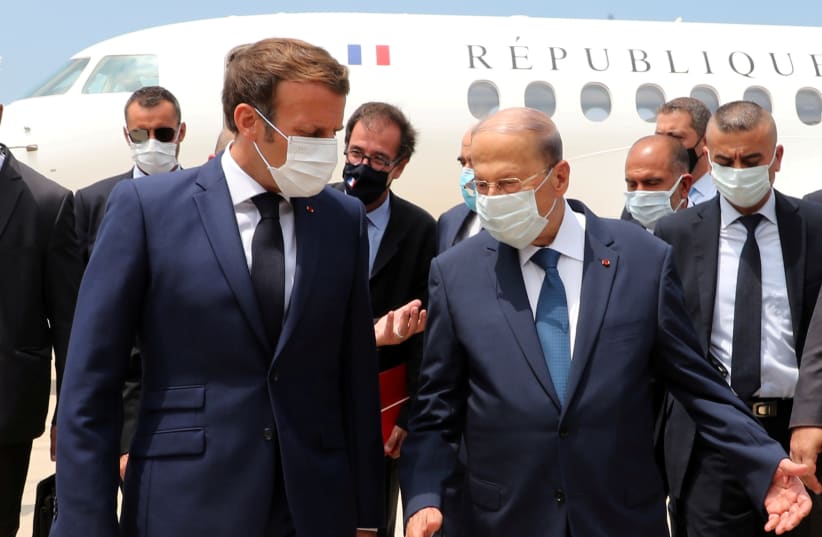US President Donald Trump and French President Emmanuel Macron on Friday discussed working together with other countries to send immediate aid to Lebanon, the White House said.
The two leaders spoke by phone and "expressed their deep sadness over the loss of life and devastation in Beirut," White House spokesman Judd Deere said in a statement.
An explosion in the Lebanese capital's port on Tuesday killed 154 people, injured 5,000 and destroyed a swathe of the city.
France and other countries have rushed emergency aid to Lebanon, including doctors, and tons of health equipment and food.
The US Agency for International Development on Friday said it would provide more than $15 million in assistance, including food aid for 50,00 people for three months. It said it had also asked the US military to transport enough medical supplies and pharmaceuticals to support up to 60,000 people for three months.
Senior officials from across the Trump administration have been meeting to hammer out additional assistance, a senior administration source said, adding continued concern about the underlying governance issues plaguing Lebanon.
On Thursday, Macron visited Beirut and assured angry crowds that aid to rebuild the city would not go to "corrupt hands."
The cause of the blast is being investigated.
Initial Lebanese probes have pointed to an ammonium nitrate cargo, which was abandoned in Beirut, as the source of the blast. President Michel Aoun said on Friday that a Lebanese investigation into the blast would examine whether it was caused by a bomb or other external interference or if it was due to negligence or an accident.
US agencies are considering both the possibility that it was a total accident and the possibility that it was somehow deliberately triggered, intelligence sources said.
